Download the PDF below.Language surrounds us in everyday life. The big and small day-to-day interactions with family members and caregivers can offer valuable and authentic opportunities for language development. Caregivers often ask how they can help support their child's language development at home.
What is advocacy? Am I doing it?
Many educators find themselves asking these questions. Advocacy sometimes sounds big and scary and many educators think they can’t do it. But actually, advocacy is incorporated in daily actions sometimes big and other times small. Last year this article was shared and greatly loved. This year, I'm adding to it to include one additional support.
Multilingual learners count on us to provide high-quality, comprehensible, and culturally responsive instruction in each lesson in every classroom. Here are 23 practical and efficient ways (in no particular order) we can support multilingual learners as they climb to become our future global leaders. *The terms multilingual, emergent bilingual, and English learner are used interchangeably in this article and also include the acronyms MLs, EBs, and ELs. I'm hearing from colleagues, family members, close friends, and educators around the globe that they are worried about students not getting enough instructional time right now while schools are closed due to the Corona virus. Parents are stressed. Teachers are overworked. Kids are confused. And we're all just trying to figure this out while it's happening (very quickly)!
The biggest concern from teachers is about the kids they aren't hearing from on online platforms or through other means of communication. What are they doing? Are they learning? What's going on? And how can I help? Guess what...students are learning a lot at home. We might just have to help families refine daily practices a little. So here's what I suggest. Reflecting back on my own years in elementary school, I bet my parents may have seemed like they were not very involved with my education. We were new immigrants. And they spoke very little English. Adding to that, the cultural norms for school interaction were different where we came from. It may have seemed to my teachers that my parents were absent from my education. In fact, they were extremely present (at home). But maybe not they way that my teachers expected them to be. Not in the traditional American sense.
My parents didn't come to parent teacher conferences. Well, that would have been a challenge. My dad worked every minute of overtime that he possibly could just to keep a roof over our heads. We had one vehicle so that meant my mom was at home without transportation. And even if she could come up to the school, she had my baby sister to care for. Oh and my mom's English speaking skills were the least developed. |
Categories
All
|
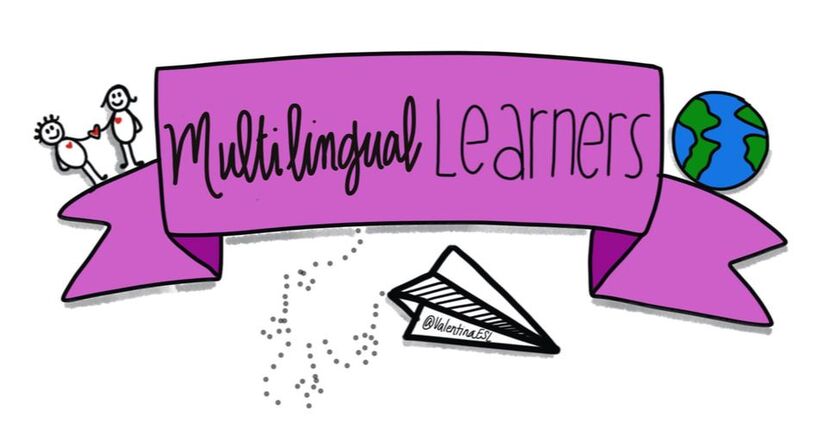
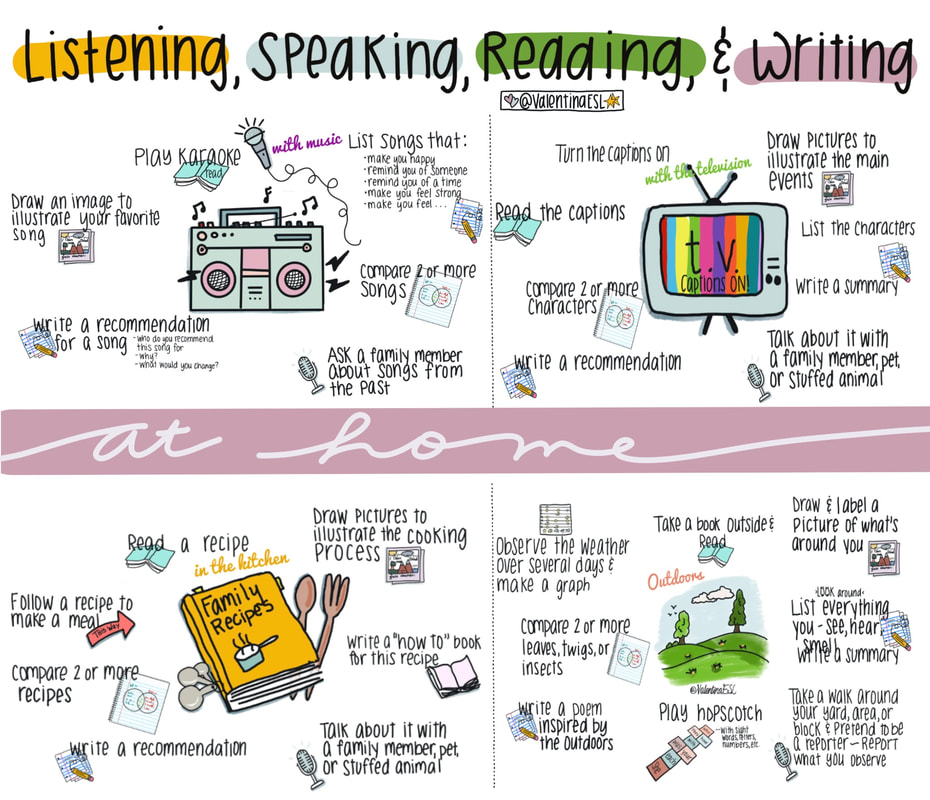
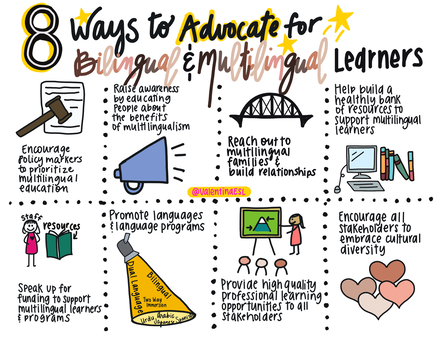
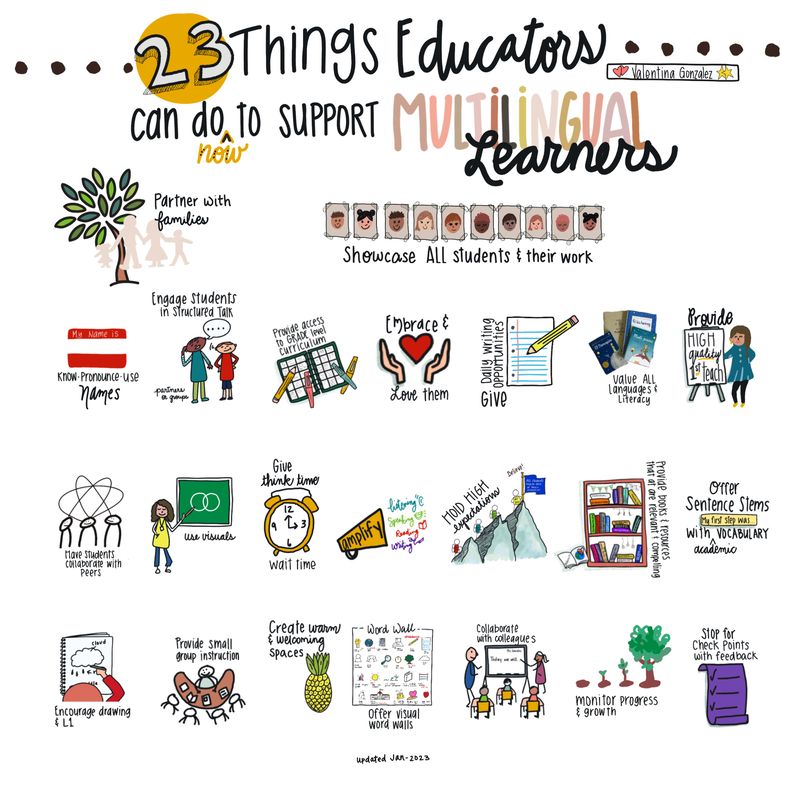
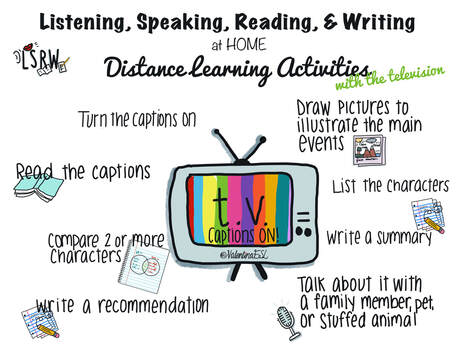
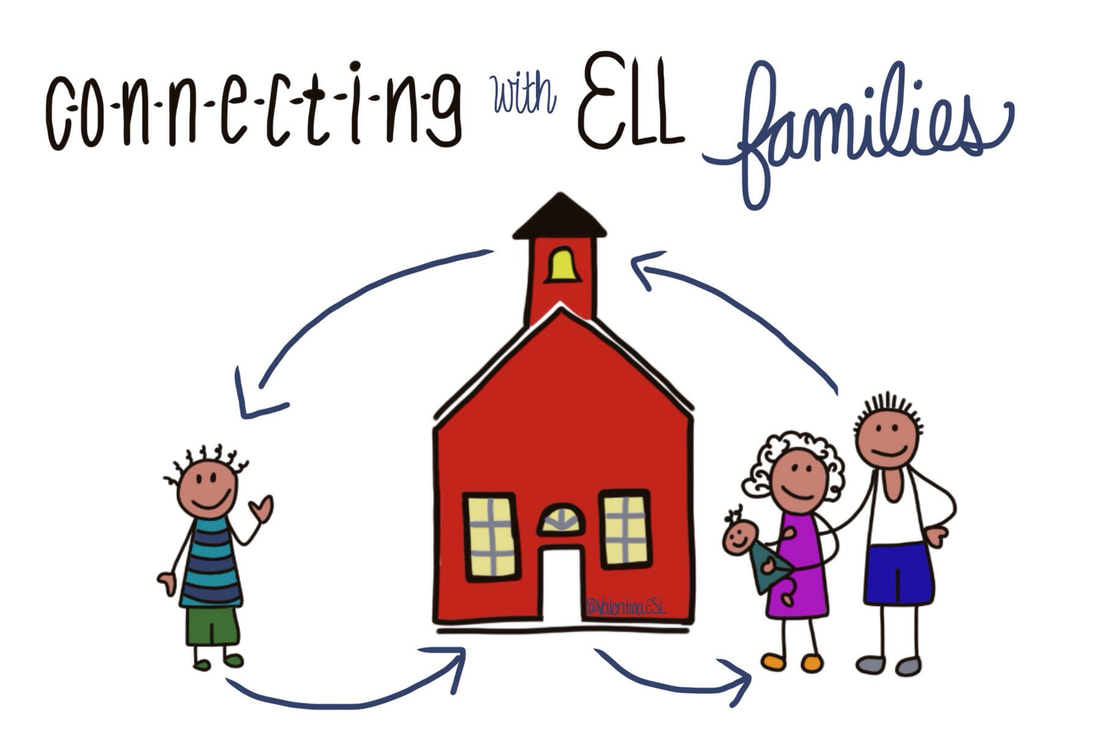
 RSS Feed
RSS Feed
